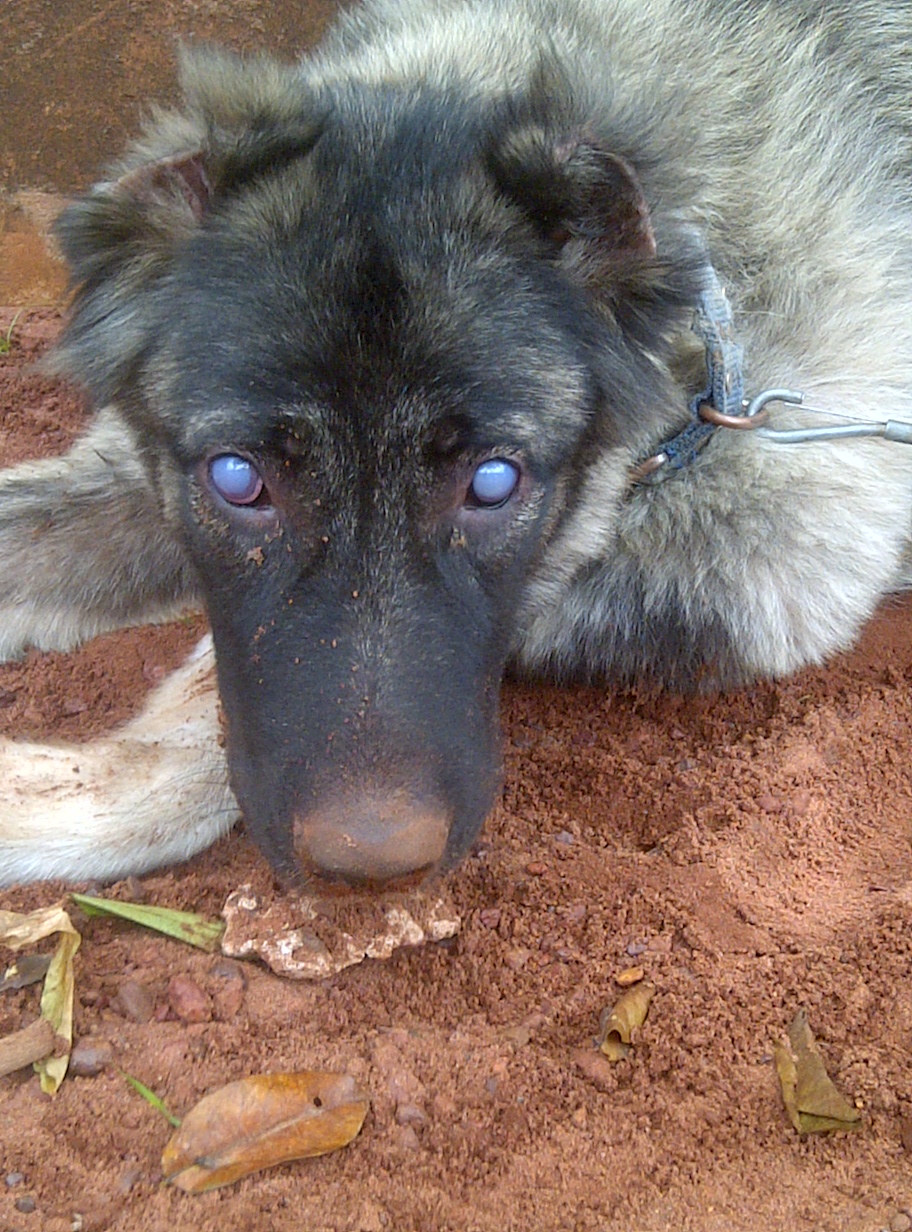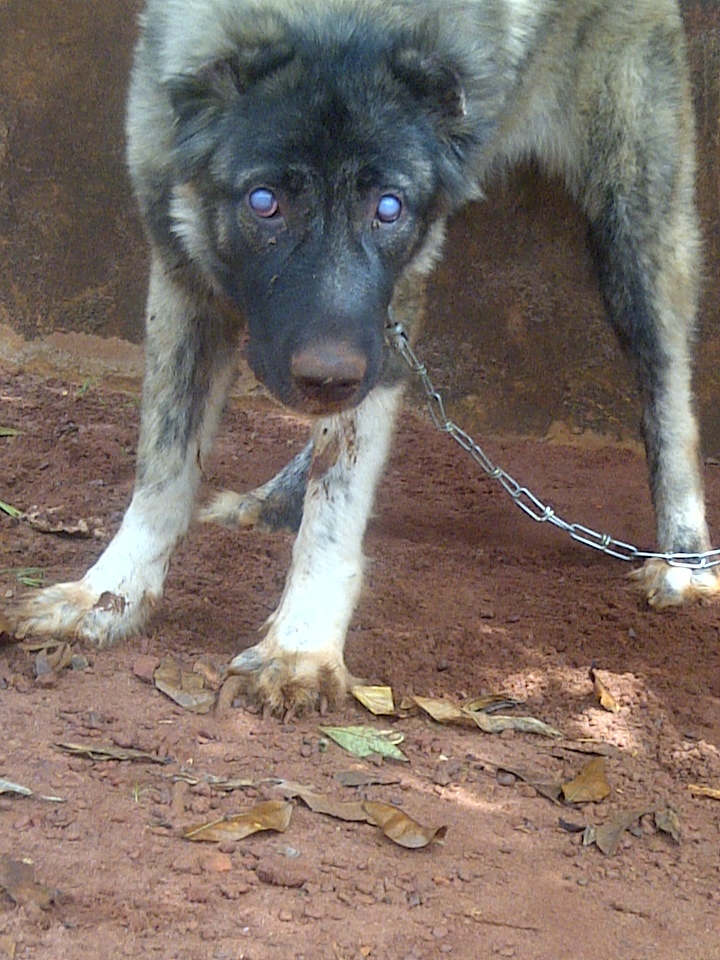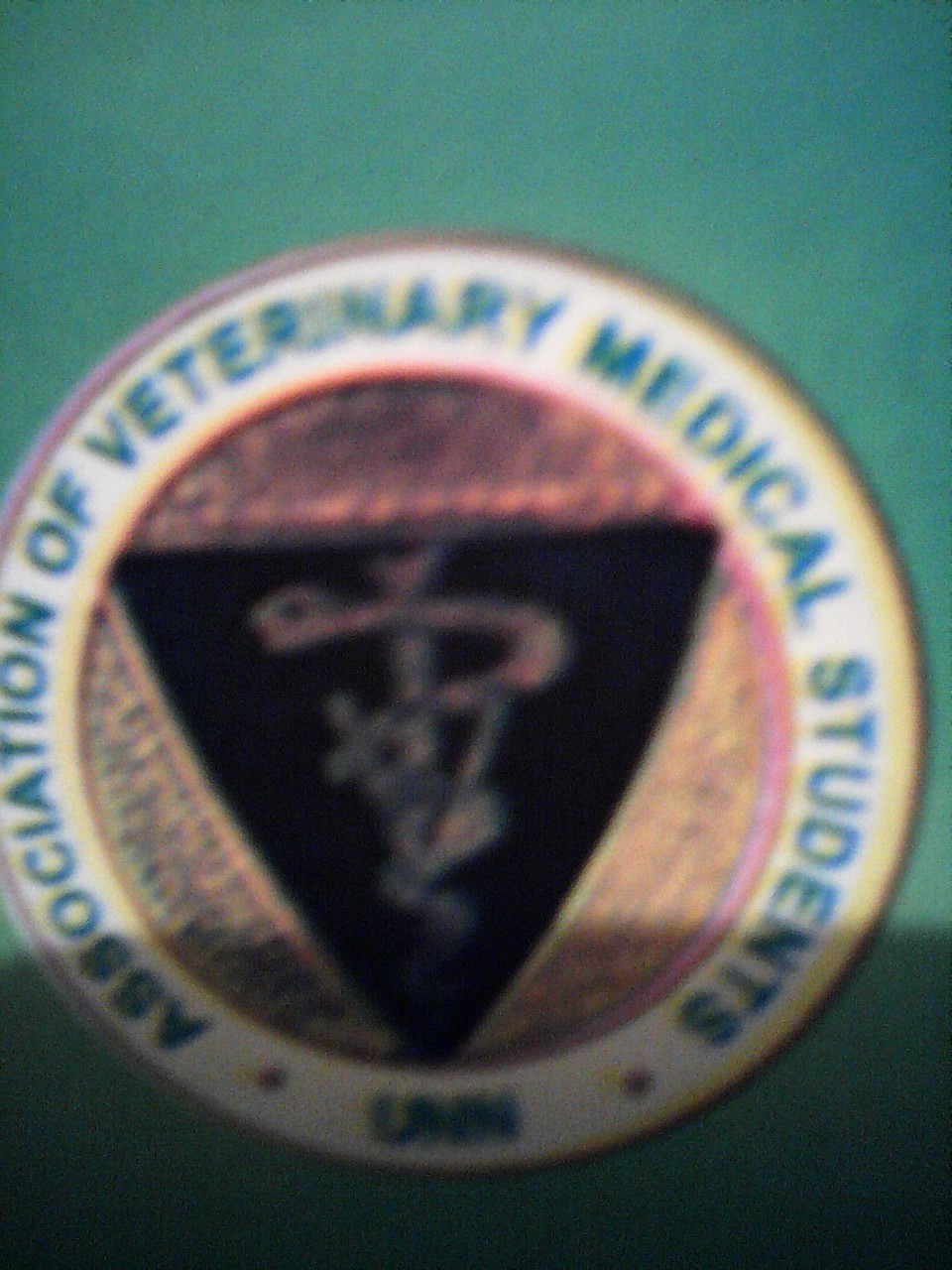Nigeria - University of Nigeria, Nsukka
| This article is still under construction. |
You should add information for each section by clicking on the 'edit' button that corresponds to the section. You should write below the line in the edit screen.
When you think you have added all the information you can, contact the WikiVet Team again and they will put this information into the template. At this stage they will put the pin on the map so others can see your school
If you would like to see an example of a completed Vet School page, have a look at the Royal Veterinary College's page for an idea of what you should write about.
 ==Images==
==Images==

 Please include some images in here that you have the right to share - these could be images that you take yourself and then upload to WikiVet Commons, or they could be images that you find in Wikipedia that you're allowed to share. We have videos showing you how to insert images into WikiVet from Wikipedia, and also how to upload images into WikiVet commons to help you. Ideally we're looking for 3 images of your school.
Please include some images in here that you have the right to share - these could be images that you take yourself and then upload to WikiVet Commons, or they could be images that you find in Wikipedia that you're allowed to share. We have videos showing you how to insert images into WikiVet from Wikipedia, and also how to upload images into WikiVet commons to help you. Ideally we're looking for 3 images of your school.
Introduction
 Welcome to the Faculty of Veterinary Medicine at the University of Nigeria, Nsukka, Enugu State, Nigeria. The Faculty of Veterinary Medicine is situated on the Nsukka campus of the University, some 45 minutes drive from Enugu, the Capital of Enugu State.
Welcome to the Faculty of Veterinary Medicine at the University of Nigeria, Nsukka, Enugu State, Nigeria. The Faculty of Veterinary Medicine is situated on the Nsukka campus of the University, some 45 minutes drive from Enugu, the Capital of Enugu State.

History
Overview
The academic program in Veterinary profession at University of Nigeria, Nsukka started with a Higher Diploma in Animal Health and Husbandry in 1963 – just 3 years after the opening of the University. At the beginning of the 1966/67 Academic year, the program leading to the award of the professional degree of Doctor of Veterinary Medicine (DVM) was started but this was disrupted by the Nigerian Civil War. At the end of the war in 1970, the DVM program was revived with an initial intake of about twenty students. Between 1970 and 1980 the program operated as part of the Faculty of Agriculture and Veterinary Sciences, first as a single Department and by 1975/76 with three Departments. The Veterinary program attained a Faculty status in 1980 with a concomitant expansion to six Departments. Presently, there are nine Departments in the Faculty of Veterinary Medicine – Veterinary Anatomy, Animal Health and Production, Veterinary Medicine, Veterinary Obstetrics and Reproductive Diseases, Veterinary Parasitology and Entomology, Veterinary Pathology and Microbiology, Veterinary Physiology and Pharmacology, Veterinary Public Health and Preventive Medicine, and Veterinary Surgery.
Education
The various Departments are engaged in the training of veterinary students in their progression from pre-clinical, para-clinical and clinical levels of the professional DVM program. The DVM program is structured to inculcate the understanding of the basic anatomic and physiologic features of a range of animals as a prelude to the assessment of deviations in various disease conditions. The Faculty curriculum emphasizes the inter-relationship of production, disease and management. We emphasize the philosophy that the profession exists to alleviate the suffering caused by diseases to animals, encourage production of animals to satisfy various human needs and to ensure human health by prevention of zoonotic diseases.
The various Departments also have well established programs leading to award of postgraduate degrees (M.Sc., M. V. Sc. and Ph.D.) in various aspects of the veterinary profession.
Research
As the pioneer Veterinary Faculty east of the River Niger in Nigeria, the Departments and Staff are involved in considerable community and extension services in collaboration with the Veterinary Services of the various States and their Chapters of the Nigerian Veterinary Medical association in the zone. Since the attainment of Faculty status in 1980, the Veterinary Teaching Hospital and the Veterinary Teaching and Research Farm had been established as academic, research and service units.
The well established tradition of the Faculty in veterinary education, research and service-rendering has sustained the production of well trained graduates who work to strengthen and advance the link between animal health and human health in Nigeria, Africa and globally since its establishment.
Clinical
The Faculty has a Veterinary Teaching Hospital where various clinical cases are handled and in the treatment and management of animal diseases. The various departments in the faculty also teach the clinical aspect of the veterinary profession to her students and such clinical knowledge is also employed in researches.Therefore, since the attainment of Faculty status in 1980, the Veterinary Teaching Hospital and the Veterinary Teaching and Research Farm had been established as academic, research and service units.
The well established tradition of the Faculty in veterinary education, research and service-rendering has sustained the production of well trained graduates who work to strengthen and advance the link between animal health and human health in Nigeria, Africa and globally since its establishment.
School name
Faculty of Veterinary Medicine University of Nigeria, Nsukka (UNN).
Established
1963
Student Ambassador
Facebook page
Location
Principal's name
Prof. C. O. Nwosu (Dean) DVM, MSc, Ph.D, MBA, FCVSN
Total number of Students
Total of 250 males and 124 females Students for 2012/2013 Academic session. The average per session is 450 students.